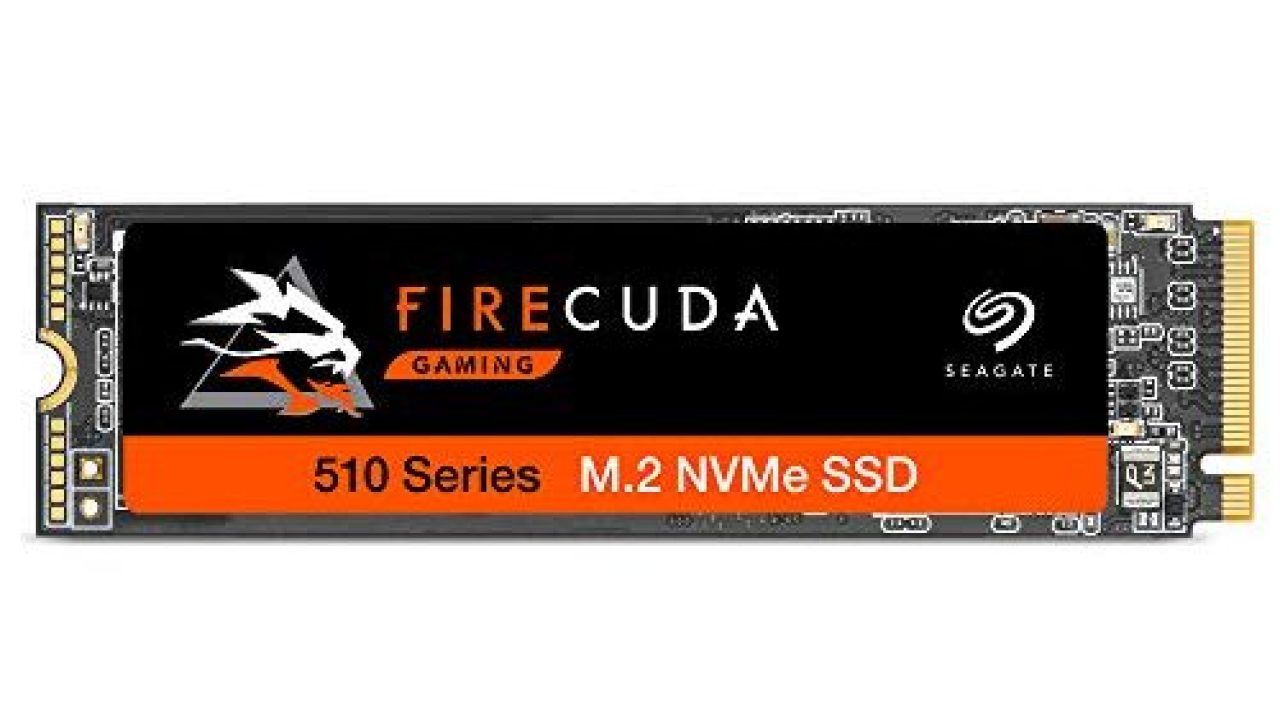Are you tired of your computer taking forever to boot up or load programs? Are you tired of waiting for your files to save or load? It might be time to upgrade to a solid-state drive (SSD). An SSD is a type of storage device that can greatly improve the performance of your computer. In this article, we’ll explore 10 benefits of upgrading to an SSD.
When it comes to computer performance, the storage device can be a bottleneck. Traditional hard disk drives (HDDs) have been the standard for many years, but they are slower and less reliable than SSDs. An SSD can be a significant upgrade to your computer’s overall performance.
What is an SSD?
A solid-state drive (SSD) is a type of storage device that uses NAND-based flash memory to store data. Unlike HDDs, SSDs have no moving parts, which means they are faster, quieter, and more reliable.
Faster Boot Times
One of the most significant benefits of upgrading to an SSD is faster boot times. When you turn on your computer, the operating system has to load from the storage device. With an SSD, this process is much faster than with an HDD. Your computer can be up and running in seconds instead of minutes.
Faster Program Load Times
Programs and applications also load faster with an SSD. When you open a program, it has to load data from the storage device into memory. With an SSD, this process is much faster, so your programs open and respond more quickly.
Faster File Transfers
Transferring files between devices can also be faster with an SSD. Whether you’re copying files to an external hard drive or transferring files over a network, an SSD can make the process faster.
Longer Lifespan
SSDs also have a longer lifespan than HDDs. HDDs have moving parts that can wear out over time, while SSDs have no moving parts. This means an SSD can last longer than an HDD with proper care and maintenance.
Lower Power Consumption
An SSD also uses less power than an HDD. This means your laptop’s battery will last longer with an SSD, and your desktop will use less energy overall.
Improved Reliability
Because SSDs have no moving parts, they are less likely to fail than HDDs. An SSD can handle more physical abuse, such as drops or bumps, without causing damage to the device.
Quieter Operation
HDDs make noise when they are in operation because of their moving parts. An SSD, on the other hand, has no moving parts and operates silently. This can be especially important in environments where noise is a concern, such as recording studios or libraries.
Improved Gaming Performance
SSDs can also improve gaming performance. Games often have large files that need to be loaded quickly, and an SSD can help with this process. With an SSD, you can expect faster load times and improved overall game performance.
More Durable
As we mentioned earlier, SSDs have no moving parts, which makes them more durable than HDDs. They are less likely to suffer damage from physical shock or vibration, making them ideal for use in portable devices like laptops.
Reduced Heat
Finally, SSDs generate less heat than HDDs. HDDs have spinning disks that generate heat as they operate, while SSDs have no moving parts and generate less heat. This can help keep your computer running cooler and prevent damage from overheating.
Conclusion
Upgrading to an SSD can provide significant benefits to your computer’s overall performance. From faster boot times to improved gaming performance, an SSD can help you work and play more efficiently. With their longer lifespan, lower power consumption, and improved reliability, SSDs are a smart investment for anyone looking to upgrade their computer’s storage.
FAQs
- What is an SSD?
- An SSD is a type of storage device that uses NAND-based flash memory to store data. It has no moving parts and is faster and more reliable than traditional HDDs.
- How does an SSD improve computer performance?
- An SSD can improve computer performance by providing faster boot times, program load times, and file transfer speeds. It can also improve gaming performance and reduce heat and power consumption.
- Are SSDs more expensive than HDDs?
- Yes, SSDs are generally more expensive than HDDs, but prices have been decreasing over time. The cost is worth it for the performance benefits an SSD can provide.
- How do I install an SSD in my computer?
- Installing an SSD requires opening up your computer and connecting the drive to your motherboard. It’s recommended to have a professional do the installation if you’re not familiar with computer hardware.
- How do I transfer data from my old HDD to a new SSD?
- You can use cloning software to transfer your data from your old HDD to your new SSD. Many SSDs come with cloning software included or available for download from the manufacturer’s website.
